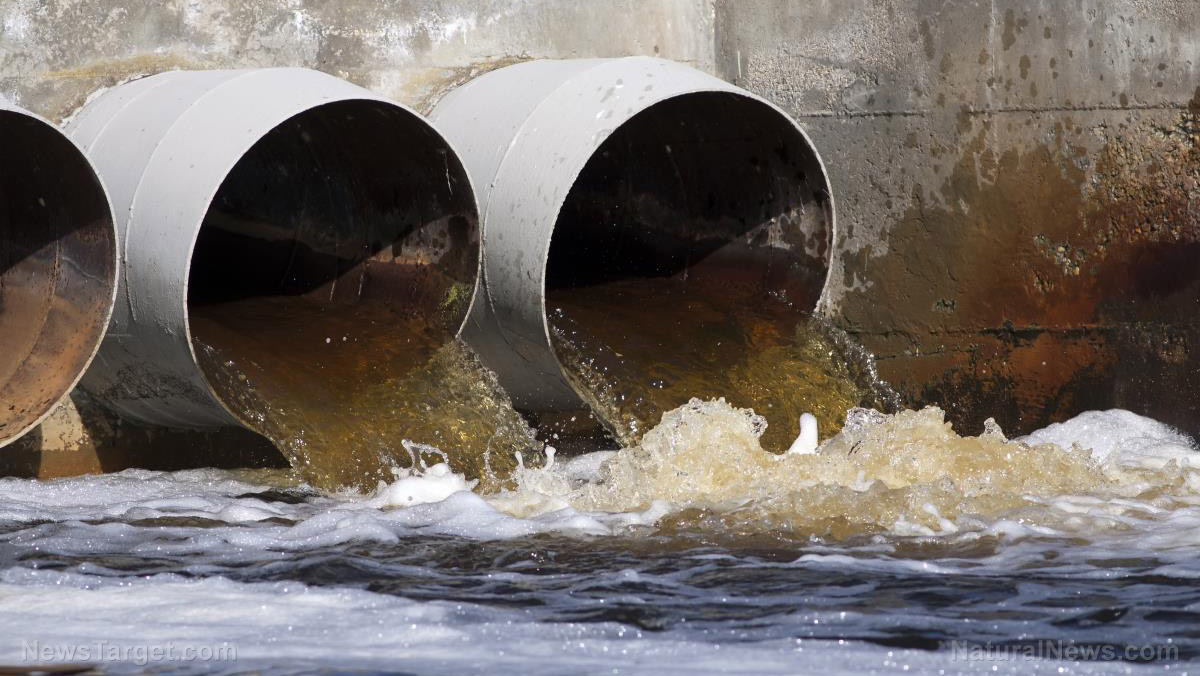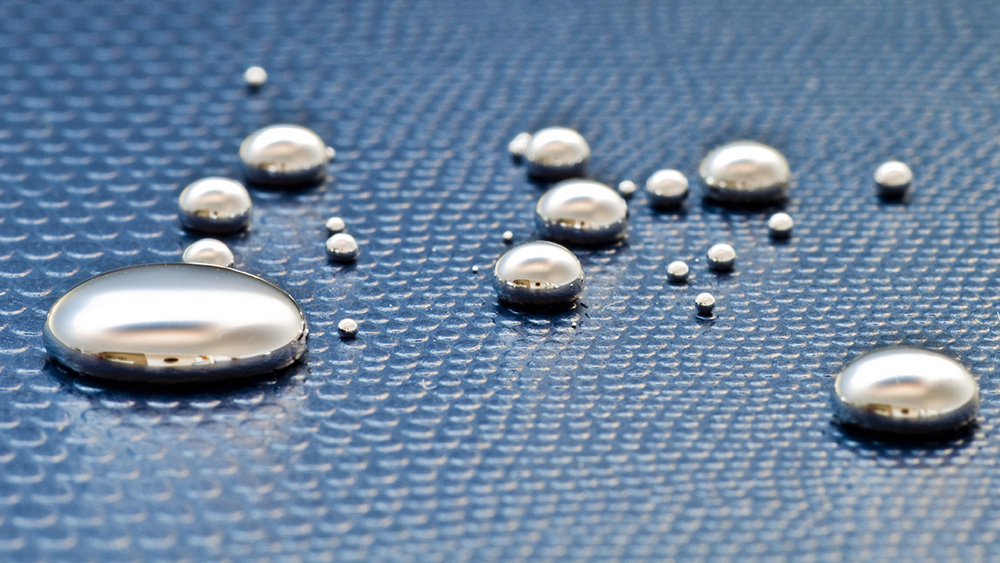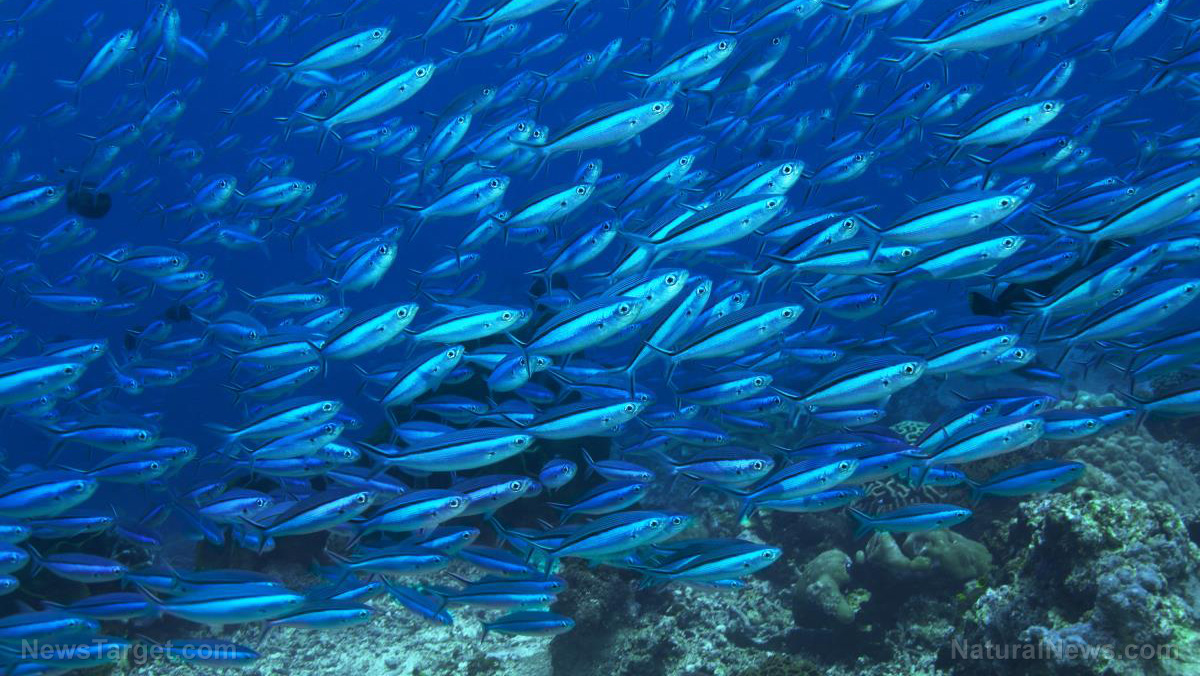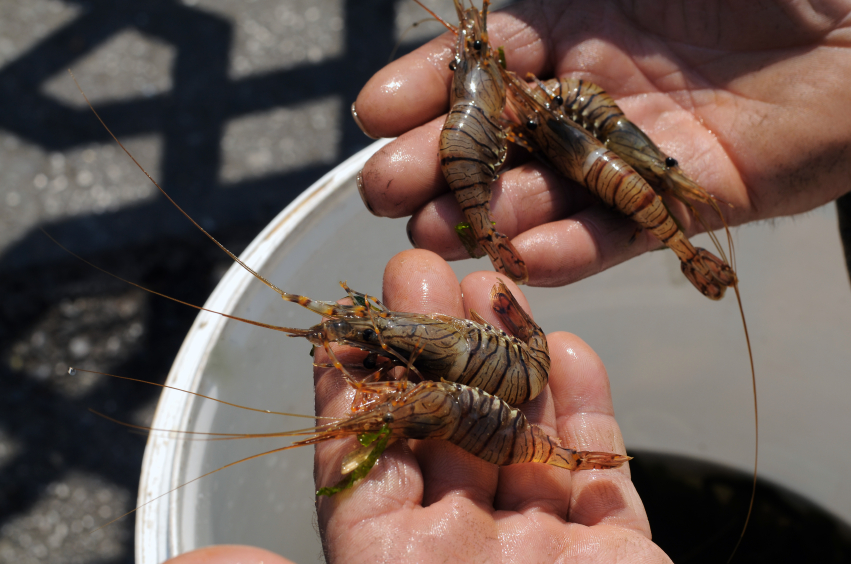Why oil spills are toxic: Scientists identify substance in crude oil that harms the hearts of fish and humans
04/04/2019 / By Daniel Barker
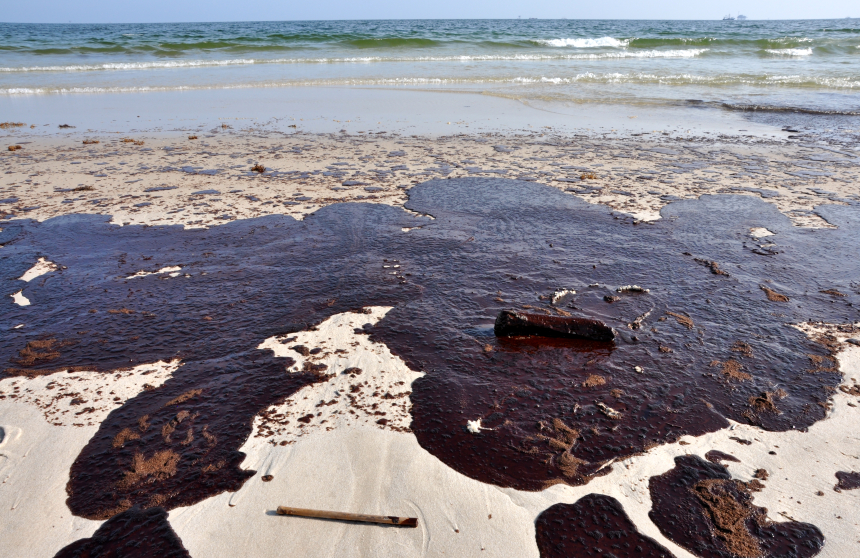
It’s common knowledge that oil spills kill fish and other wildlife, but a new study has identified a particularly toxic chemical found in crude oil that affects the cardiovascular systems of fish – and likely that of humans also.
The chemical – phenanthrene – is responsible for the cardiotoxicity found in fish exposed to crude oil spills, according to researchers at the Stanford University Hopkins Marine Station. Phenanthrene is present in the air and soil as well as our oceans, due to our global dependence on petroleum.
From Stanford News:
“[P]henanthrene, is a type of polycyclic aromatic hydrocarbon (PAH)…PAHs are also found in land-based stormwater runoff, contaminated soil from defunct industrial sites and air pollution. PAHs have been investigated as cancer-causing chemicals for nearly a hundred years but other potential health effects have been given far less attention.”
The new study suggests that phenanthrene is far more toxic than previously believed. The research team studied the effects of phenanthrene on three species – bluefin tuna, yellowfin tuna and mackerel – and found “exactly where phenanthrene blocks the heart excitation-contraction coupling pathway, which is the link between the on-off switch, or excitation, and the contraction that powers every heartbeat,” said Barbara Block, senior author of the study.
In all three species, phenanthrene caused irregular heartbeats and weakened heart cell contractions. The findings are significant because of the general similarity between these large fish and higher vertebrates, such as humans.
“The mechanism which alters cardiac function in fish…is also present in humans,” said co-author Fabien Brette “What we measured on fish cardiac cells can occur on human cardiac cells and this could mean risk of sudden death.”
The findings suggest that cardiac problems associated with air pollution may be caused by phenanthrene.
Initial research in the field was prompted by the 1989 Exxon Valdez disaster in Alaska’s Prince William Sound, in which nearly 11 million gallons of crude oil were spilled, destroying a delicate and pristine natural ecosystem.
In the aftermath of the spill, researchers began to suspect that PAHs were responsible for cardiac defects in local fish populations affected by the spill.
The 2010 Deepwater Horizon spill in the Gulf of Mexico – one of the biggest oil spills in history – led to further research showing that “crude oil disrupted the heart excitation-contraction coupling pathway in tunas, specifically blocking a critical potassium ion channel.”
But the latest study – which incorporated three separate cardiac electrophysiology testing and microscopy techniques – has definitively proven that phenanthrene alone is enough to disrupt the normal rhythms and contractions of individual heart cells.
Having access to bluefin and yellowfin tunas held in captivity at the Monterey Bay Aquarium’s Tuna Research and Conservation Center made the research possible – these magnificent fish can weigh more than 1,400 pounds and are rarely found outside of their natural habitat where they can be studied. At the center, the scientists were able to study live tuna specimens and obtain the living heart tissue necessary for conducting the experiments.
More studies are needed to find out how to better protect marine species from exposure to phenanthrene and also to learn how the chemical affects human beings. New research could lead to the development of better phenanthrene detection tools and methods for assessment of the toxin’s environmental impact – in the sea, in the air and in the soil.
The Stanford article concludes that further studies might create options for selecting “crude oils that release less phenanthrene,” but that sounds like a non-solution to the problem.
Here’s a better idea: why not simply wean ourselves from our dependence on fossil fuels once and for all?
Sources include:
Tagged Under: cardiotoxins, crude oil, environment, marine ecosystems, marine life, Oceans, oil spills, phenanthrene, toxic chemicals, toxic water




